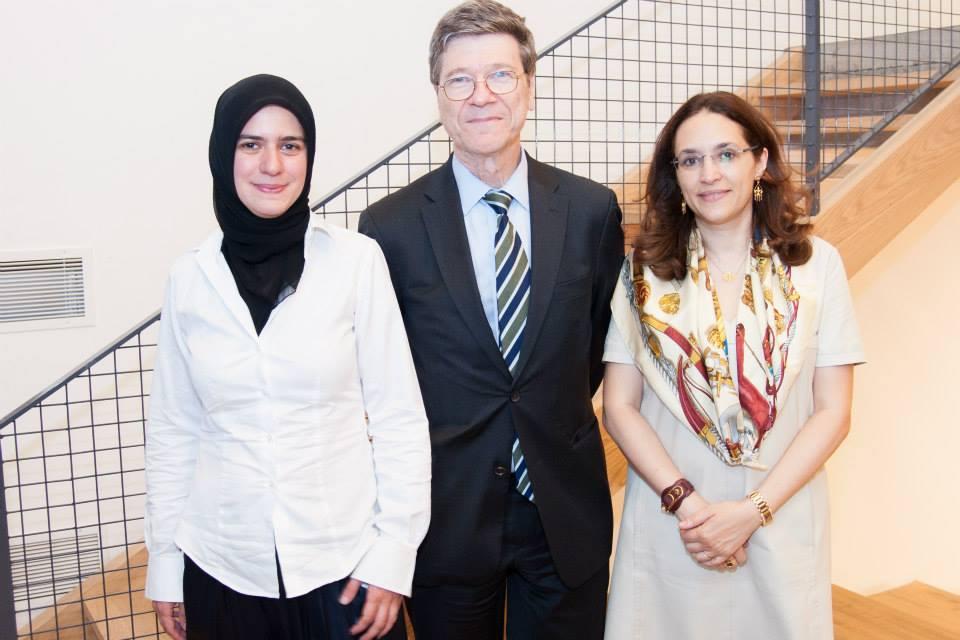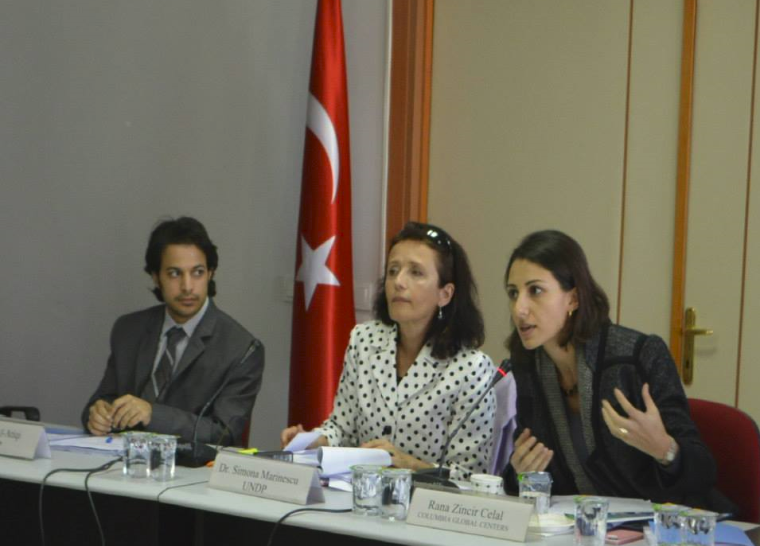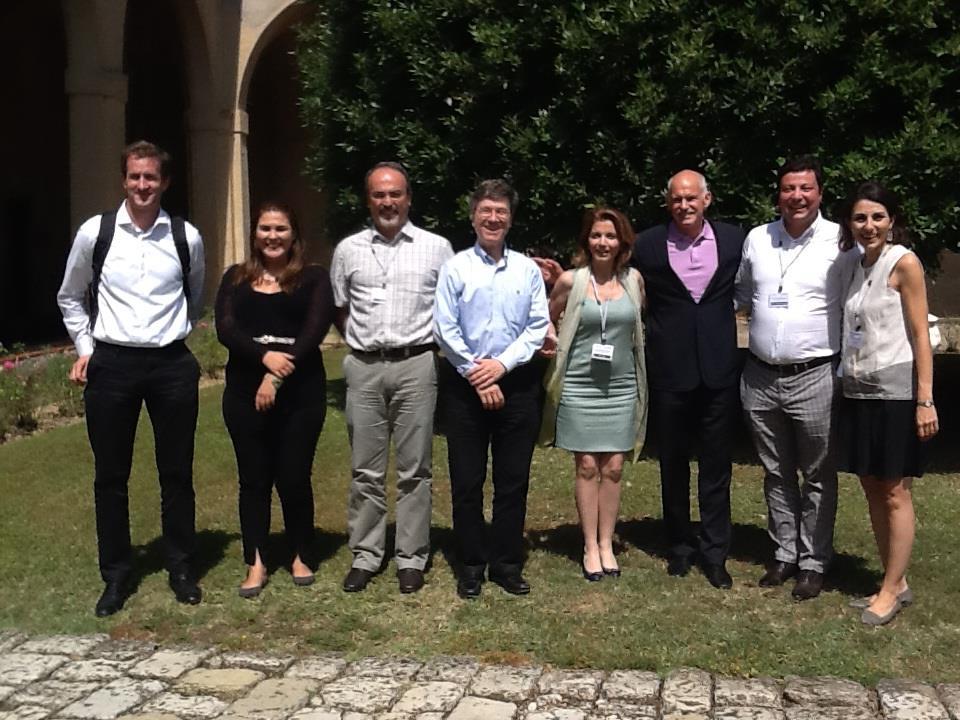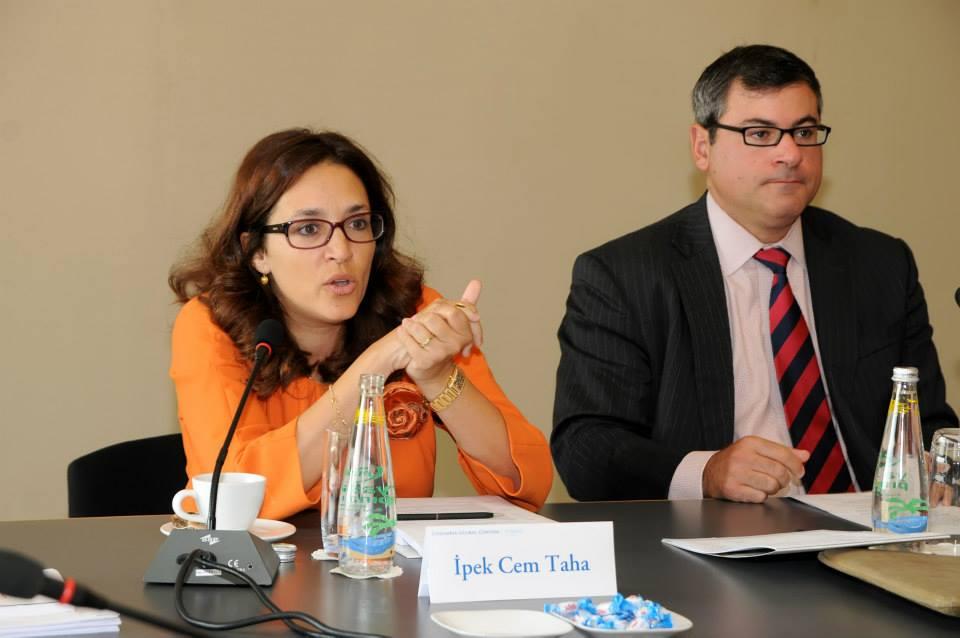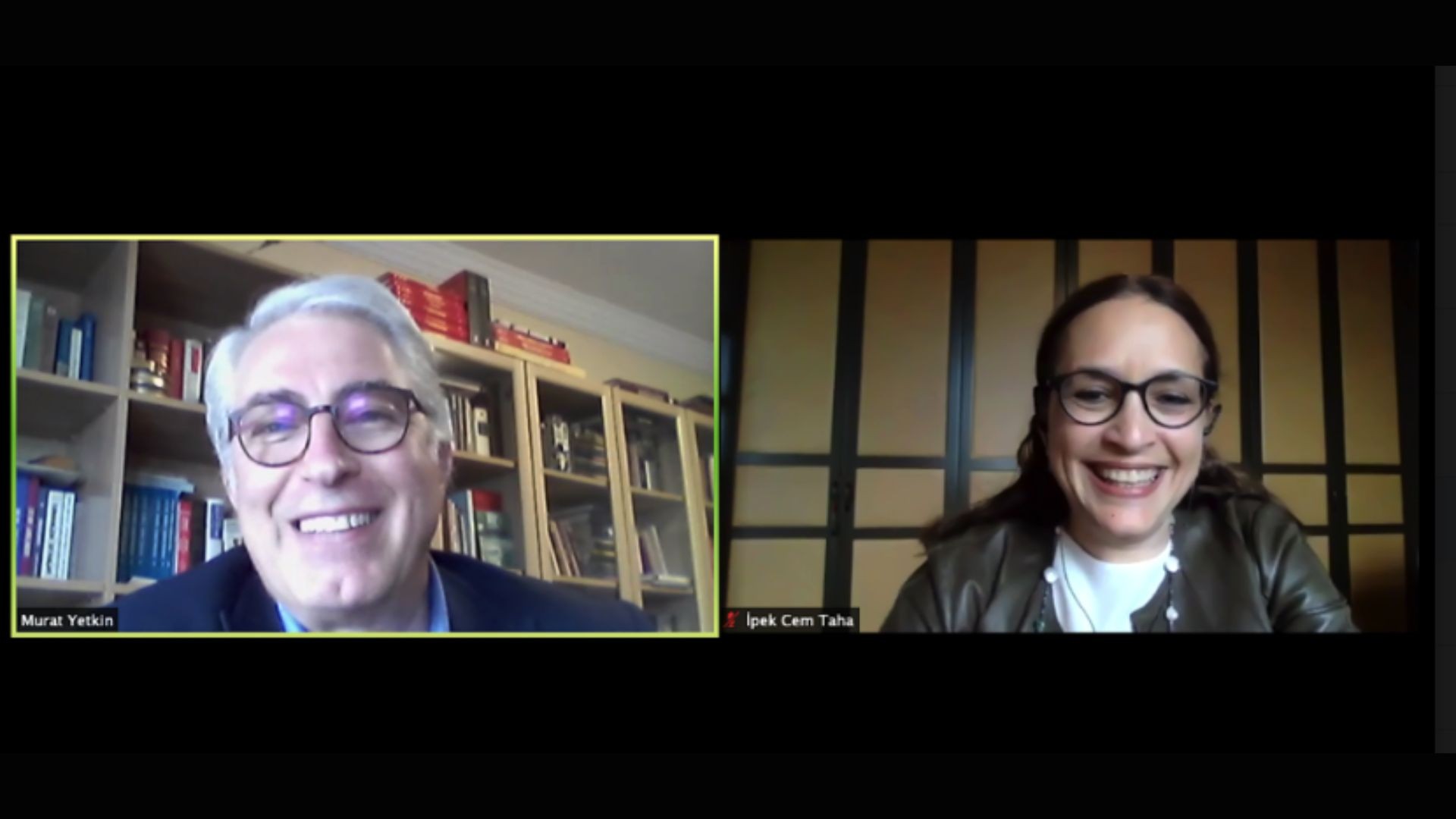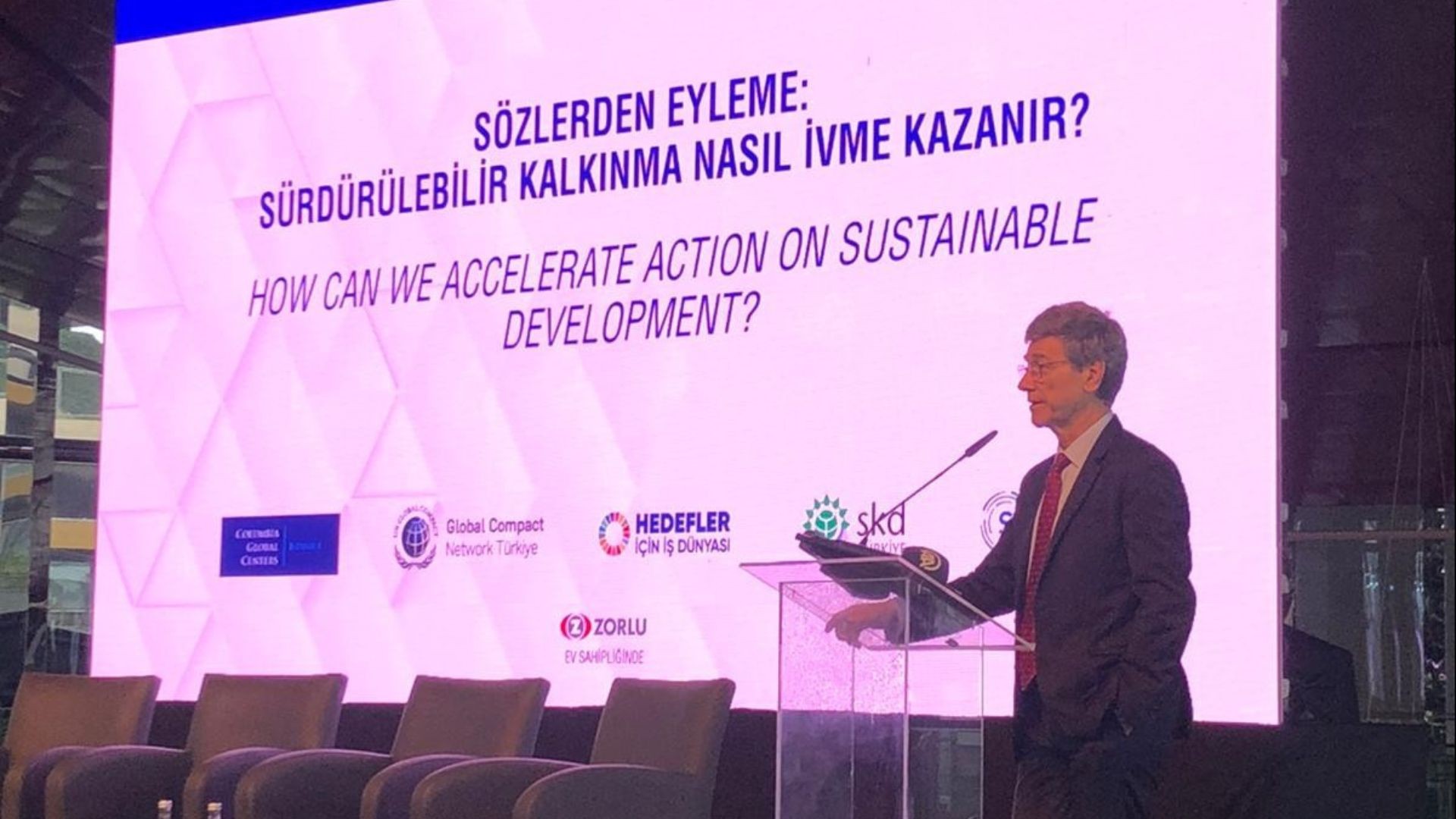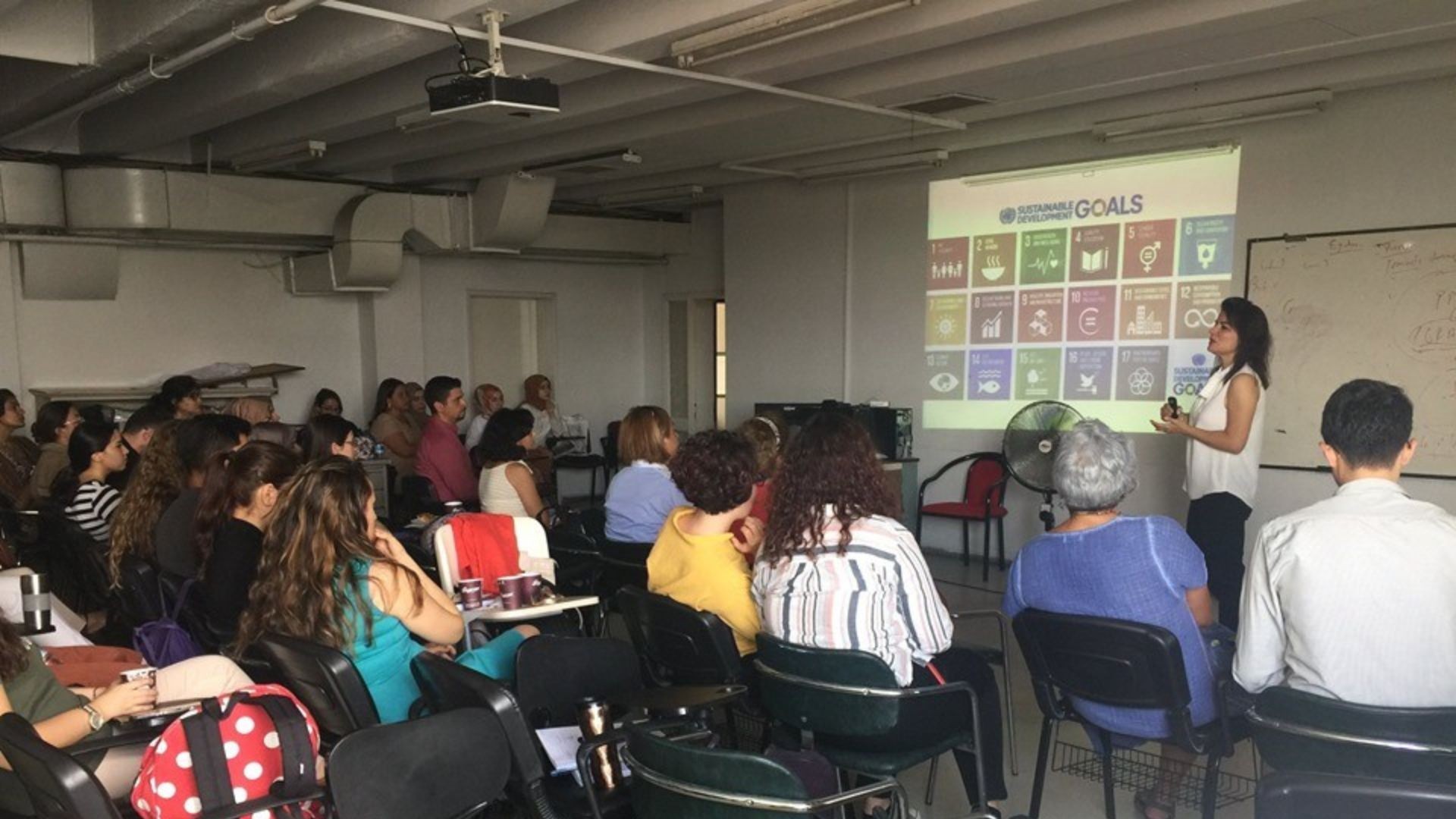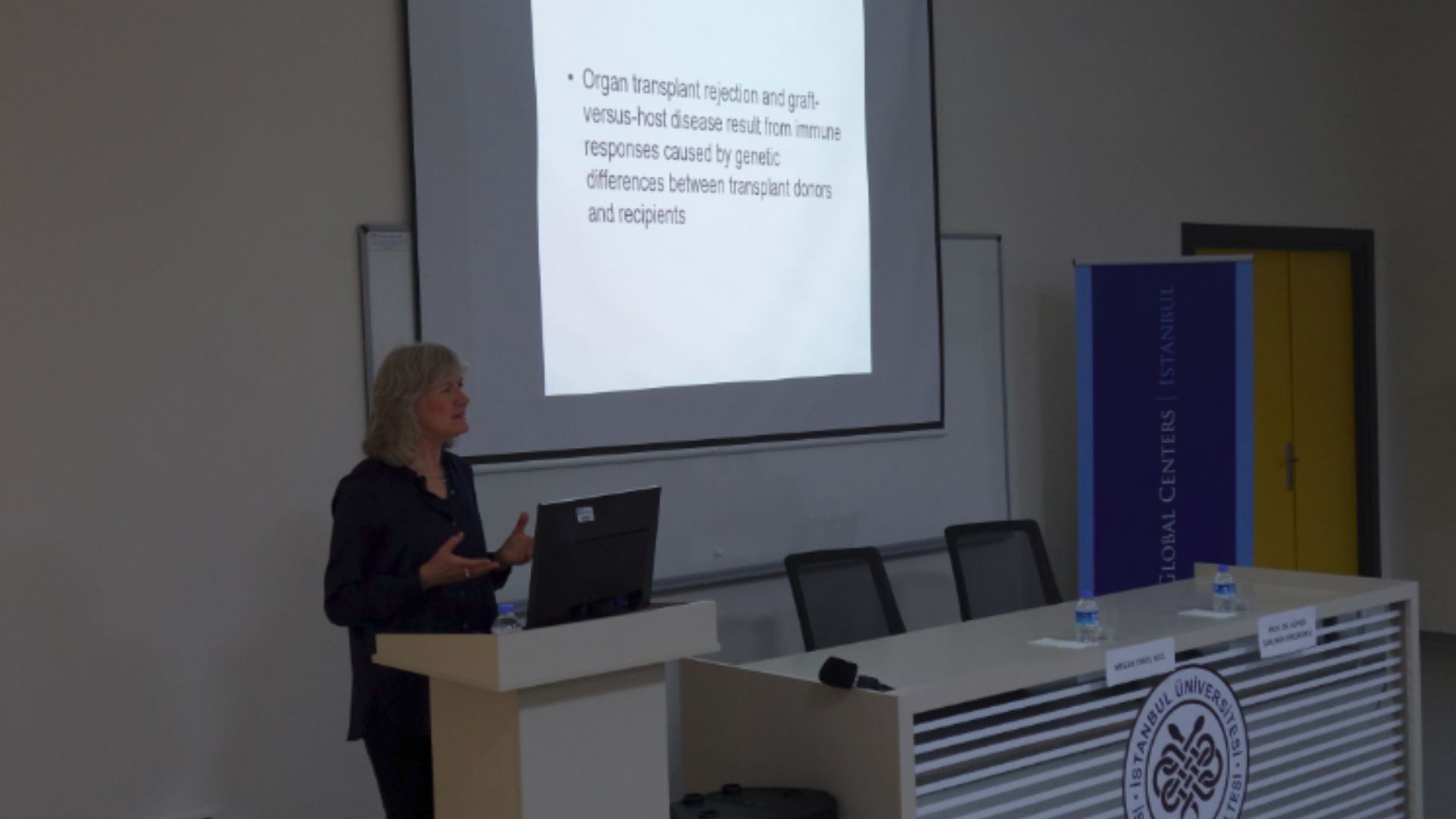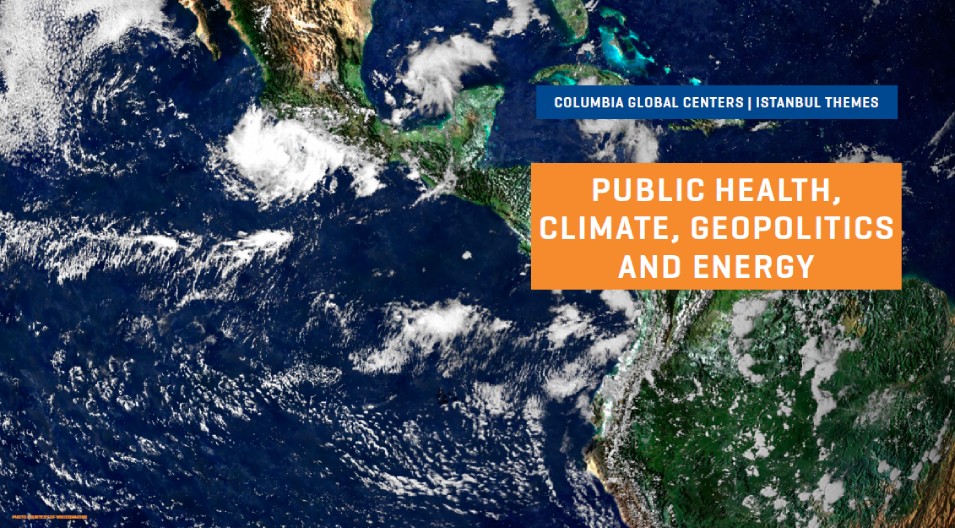
Climate change is arguably the top global issue of today’s world, which can only be dealt with through joint efforts made by governments, universities, businesses, civil societies, and citizens. Considering Columbia University’s commitment to climate response and Turkey’s increasing political and public attention to this vital topic, the Istanbul Center focuses on public health and climate as programmatic priorities. The coronavirus pandemic has also opened the eyes of many, both in Turkey and the wider region, to the realities of local, regional and global health topics. There is huge potential to support joint research projects and cooperation between Columbia and local partners to find solutions for problems resulting from both climate change and public health. With its strategic geographical position between the Middle East and Europe, Turkey plays a crucial role in regional geopolitics as well as in energy politics. Turkey’s status as an energy hub in Eurasia is highly affected by its relationships with its neighbors, where ongoing political, economic, and military conflicts persist. The Istanbul Center aims to create a collaborative research environment to gain a better understanding of the energy politics at play, as well as of energy transportation routes in Eurasia.
Related News

The Tunis and Istanbul centers co-hosted a live talk on "Rethinking Past Plagues in the Time of Coronavirus: The Ottoman Experience" with Nükhet Va

Jeff Schlegelmilch is deputy director of the National Center for Disaster Preparedness at Columbia University’s Earth Institute.
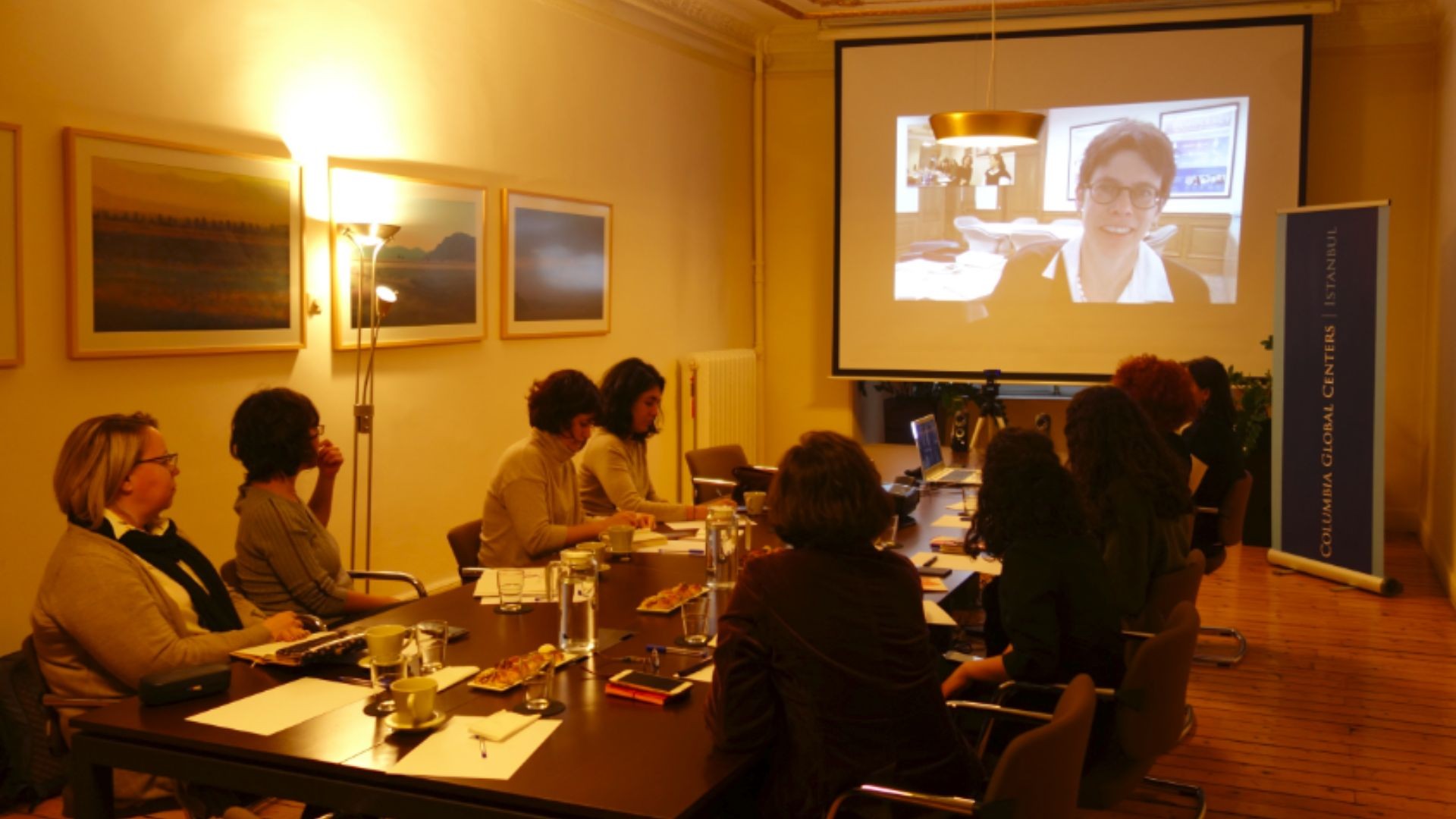
On February 12, Columbia Global Centers | Istanbul hosted a closed roundtable with Professor Suzanne Goldberg, Executive Vice President, Office of
